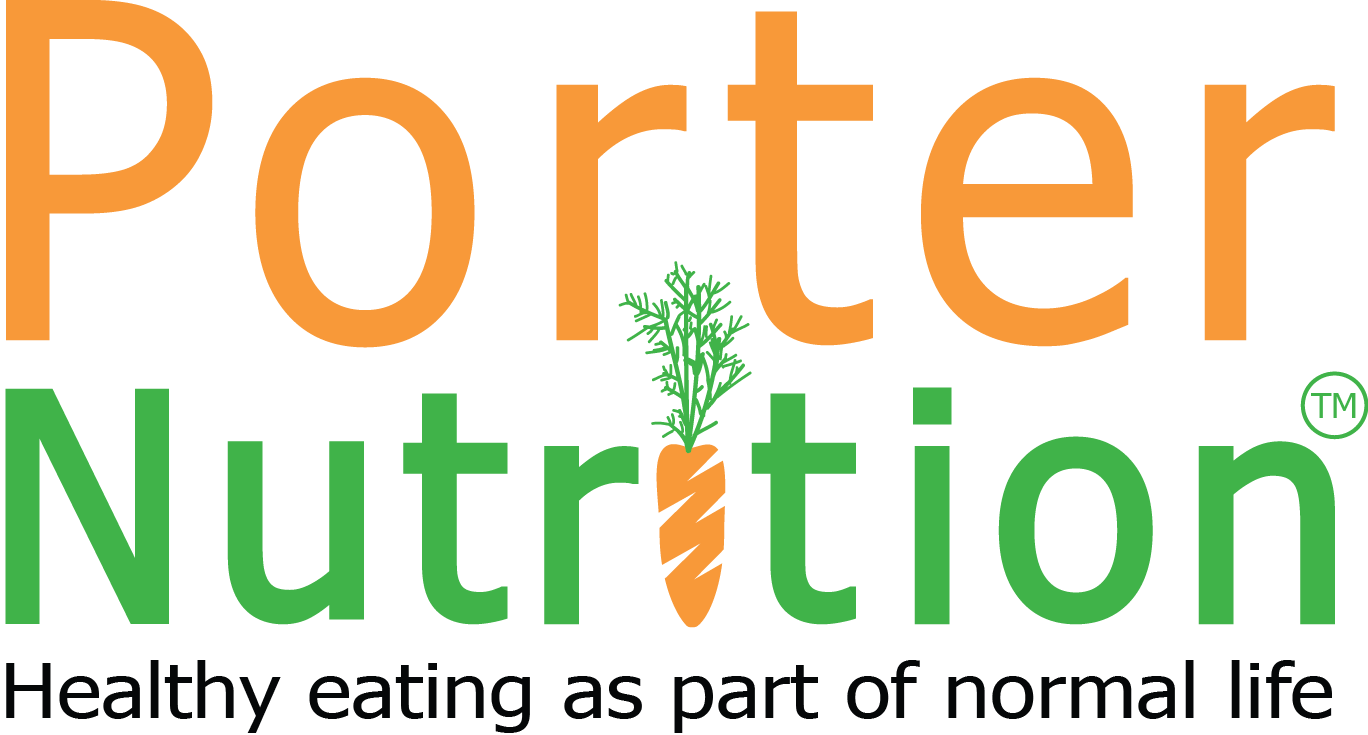Many of you will know I run an Association for Nutrition endorsed CPD training on Delivering 1-1 Nutrition Consultations. I started providing this training as lots of graduates asked me how to go about doing it. I have been delivering 1-1 consultations since 2008 and built the training on best practice and experience.
People skills
The first group of essential skills are around working with people. The key one is listening. These skills include:
- Active listening. I can’t stress how important listening is. It’s so easy to jump in too early and give advice.
- Empathy
- Reading emotions
- Thinking on your feet
- Humility – it is ok to say you don’t know
Knowledge
The second group of skills is around knowledge
During nutrition degrees and masters courses students learn lots about the science. From anatomy and physiology to the science behind taste and food safety. But knowledge isn’t just about the nutrients and how they work in the body. It is also key to having knowledge of behaviour change, the psychology of food, and food itself.
One of my lecturers once talked about the importance of nutritionists knowing about food. She was right. I spend much of my time with clients talking about food. They don’t eat nutrients, they eat food. Whether it is the sources of nutrients, how to use what they get from the food bank or veg box, or what they can cook quickly, there are so many food related questions.
We also need to know where to get information. We can’t know everything but we should be able to know where to find out evidence based information.
Practical skills
- Nutritional analysis
- Anthropometry
- Taking client histories and knowing what questions to ask
- Note taking skills
Business skills
These skills depend on whether you are delivering consultations for a company or charity, or as a freelancer.
- Risk assessment – as a freelancer this falls more on your shoulders but even as an employee it is important to understand risk and mitigate risk both to you and your clients.
- Marketing – whilst you might have someone else to do this, you may need this skill to actually get to see clients in the first place.
- Accounting – if you are a freelancer, this skill is essential to keep you in line with the law and to ensure you actually get paid.
- Evaluation – we always need to review our practice. This could be as reflective practice for our own professional development or evaluation for the funder of the service.
The list could go on and on. Cleaning is one of the skills I need as see clients at home!
As you can see there are so many general skills needed to deliver 1-1 consultations and that’s before you get into the client group specific skills you might need. Practice is essential to building these skills. Training will also give you further knowledge and support to improve your skills. My experience tells me that training isn’t just for new graduates, we can all continue to learn for the benefit of our clients.
If you would like to find out more about the training I provide, head over to the hub


Great blog! The skills you’ve listed are so important for anyone offering 1:1 nutrition support.